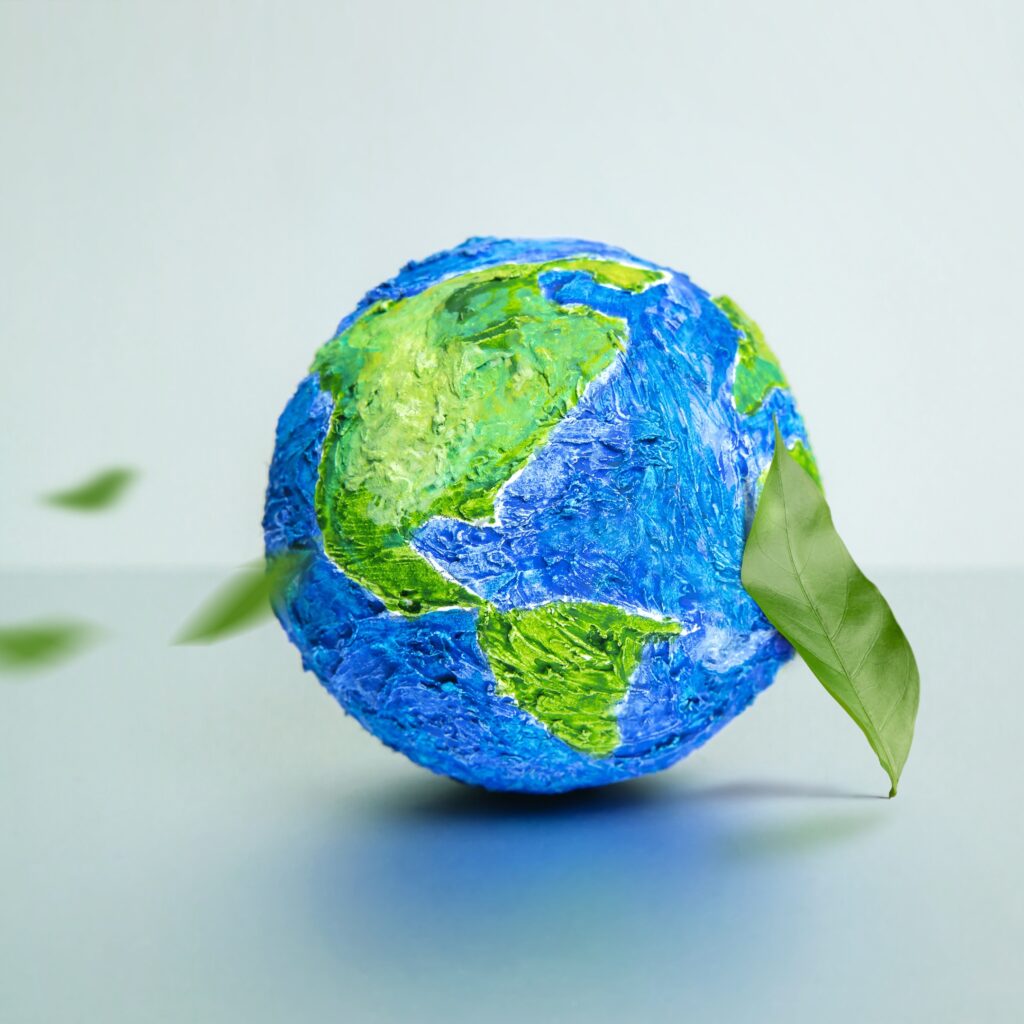
As Uganda’s population surges, the country faces a pressing issue that could have long-term consequences for its citizens. The rising cost of water treatment, driven by widespread environmental degradation! This growing problem, aggravated by human activities, is not only threatening the quality of raw water sources but also placing a financial strain on the National Water and Sewerage Corporation (NWSC), tasked with providing clean safe tap water in the country, ultimately affecting the process of accelerated access to clean piped water.
Nothing screams reckless human activity, like wetland encroachment. As wetlands are encroached upon and natural ecosystems disrupted, pollutants find their way into the water supply, leading to a decline in water quality. This corrosion necessitates more intensive and expensive treatment processes. It doesn’t help that the costs associated with
purifying water, especially the energy and chemicals required, are escalating, making it increasingly difficult to deliver safe drinking water to the public and the consequences of this disruption extend beyond environmental harm; they touch on public health, economic stability, and the basic human right to clean water.
Putting it into perspective, stopping environmental degradation is an ecological and economic concern. Therefore, if NWSC is to reduce the financial burden of water treatment, it must first tackle the environmental practices that are driving up these costs. This requires coordinated efforts from governments, authorities, and decision-makers to develop and enforce initiatives focused on water resource management.
One critical step towards mitigation is the implementation of effective waste management strategies like; recycling which can significantly reduce pollution and the subsequent degradation of the environment. Governments and businesses alike must invest in robust infrastructure to support these efforts, ensuring that the negative impacts of environmental degradation are minimized.
Ultimately, safeguarding Uganda’s water supply means confronting the environmental challenges that threaten it. So, by curbing pollution at its source and investing in sustainable practices, the country can ensure that clean, safe water remains accessible and affordable for all its citizens. The time for action is now, before the costs become too great to bear.


